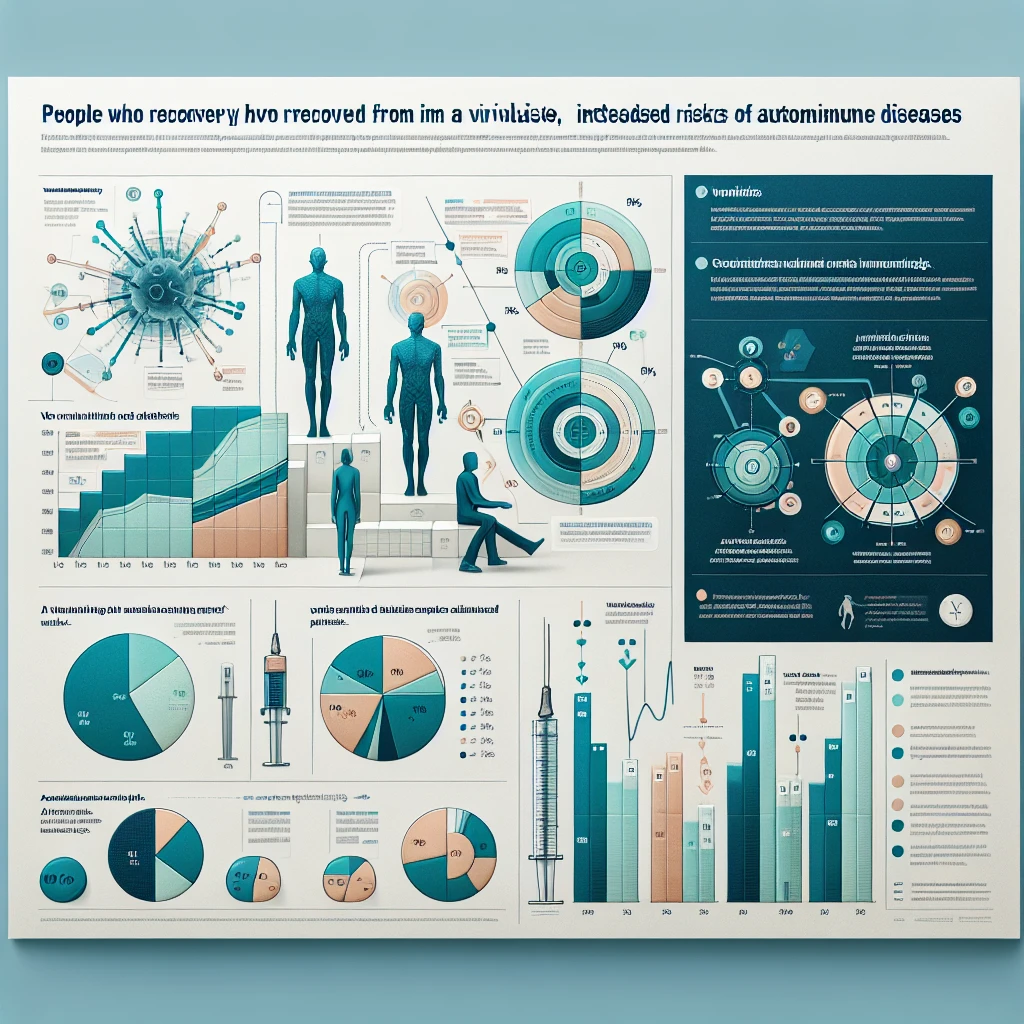Markets
Research Predicts 2026 AI-Driven Stock Market Crash
By Hazle Jakubowski
April 27, 2024

The artificial intelligence (AI)-driven stock market bubble is set to burst in 2026, according to a recent forecast by research firm Capital Economics. The firm has predicted that investor enthusiasm for AI will propel the S&P 500 as high as $6,500 by 2025, predominantly led by technology stocks.
However, this optimistic surge is expected to take a downturn starting in 2026, with increasing inflation rates and higher interest rates taking their toll on equity valuations. "We anticipate poorer returns from equities over the next decade compared to the previous one," said Diana Iovanel and James Reilly of Capital Economics. They added that they expect an end to the long-standing outperformance of the US stock market.
This bearish perspective seems counter-intuitive considering economists are predicting increased economic growth fuelled by broader adoption of AI, leading to productivity gains. This projected economic boost would likely lead to higher inflation than is currently anticipated, which would subsequently result in higher interest rates.
Higher interest rates coupled with inflation could potentially spell disaster for stock prices, a theory supported by recent declines in the stock market triggered by an unexpectedly high CPI inflation report in March.
"We suspect that beyond next year there will be a correction in valuations when this bubble bursts," stated Iovanel and Reilly. They linked this prediction with similar dynamics observed around both the dot-com bubble at the turn of-the-century and also during the Great Crash of 1929.
In light of these projections, investment returns over the coming decade may favor bonds over stocks due to stronger yields resulting from government bonds settling at elevated levels. Between now and end-2033, Capital Economics forecasts the average annual return rate for US stocks at just about 4.3%, significantly below its long-term average return rate post-inflation, which stands at approximately 7%. On the other hand, it predicts US Treasury bonds returning slightly more—about 4.5%—within the same period, thereby marginally outperforming equities.
The expected average returns are a stark contrast to the 13.1% annual return rate that US stocks have delivered over the past decade. "American exceptionalism may end in the coming years," warned Iovanel and Reilly.
One major caveat, however, lies in accurately timing the peak of this stock market bubble and predicting how long its unwinding might last. The analysts stated, "When and how AI-fueled equity bubble bursts is a key risk to our forecast." They indicated that one potential downside could be if the aftermath of the burst lasts longer than one year, similar to what occurred after the dot-com bubble.
In conclusion, while AI continues to create significant investor excitement, leading to potentially high returns on technology stocks over the short term, increasing inflation rates coupled with higher interest rates from 2026 onwards are likely to cause a significant downturn in equity valuations, thereby favoring bonds for investment returns.
LATEST ARTICLES IN Markets
Purchase ASX Stocks for 4% and 8% Dividend Yields.
ASX Lithium Stock: One to Buy, One to Sell.
Fortrea Holdings: Doubts Persist on CRO Strategy (NASDAQ:FTRE).
Five Essential Commodity Market Charts This Week.
Join Our Newsletter
Popular Articles
-

Mar 13, 2024
Anyone But You - A Romantic Comedy Surprise of 2023 -

Feb 01, 2024
AI Company About to Revolutionize the Medical Space? -

Mar 20, 2024
COVID-19 Survivors at Risk for Autoimmune Diseases -

Jan 27, 2024
Get Rich in a Year with These 3 Coins!




